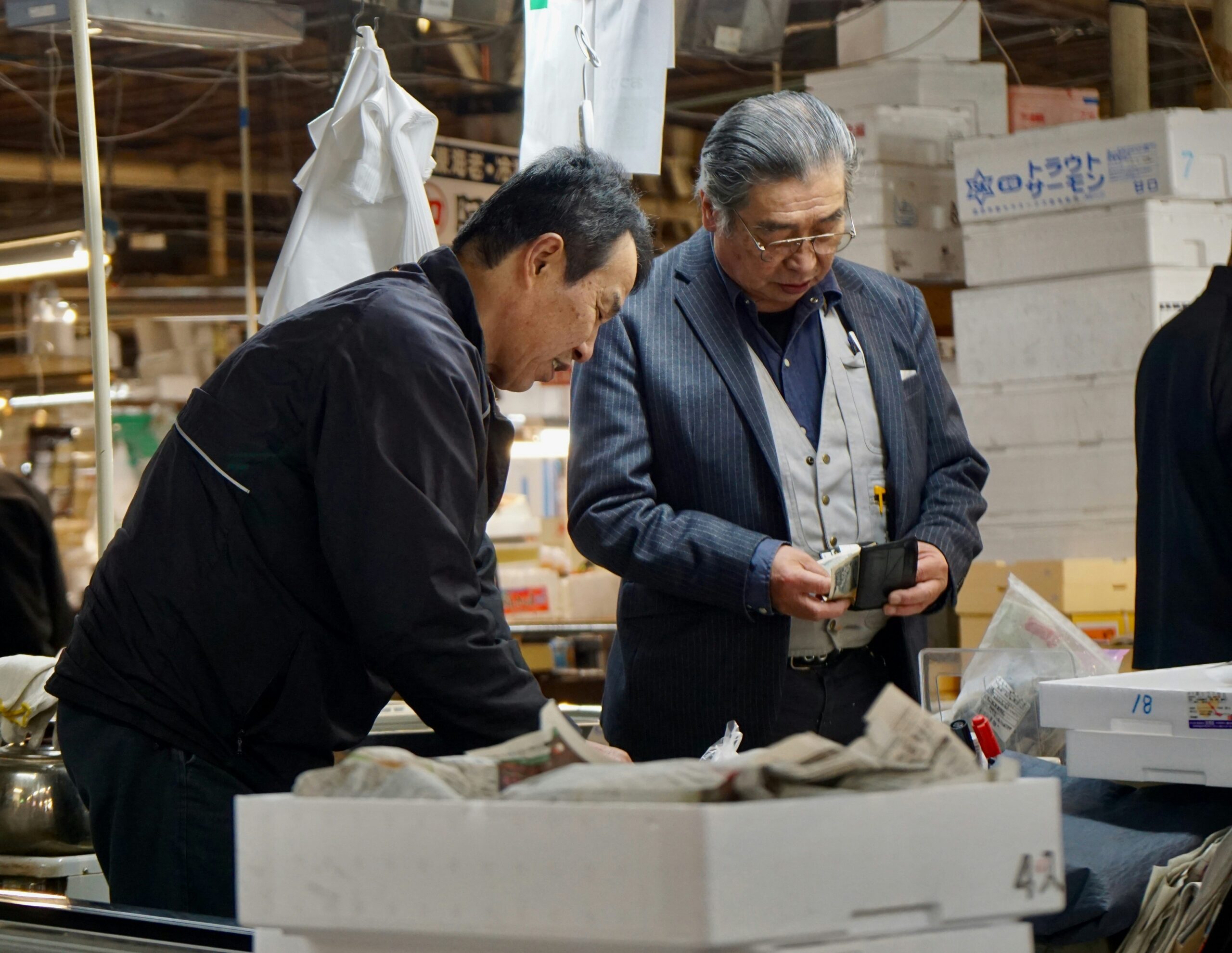The Importance of Trust in Precious Metals Transactions
Trust serves as the bedrock of any successful gold and silver transaction, given the high value and inherent volatility of these precious metals. The dynamic nature of the precious metals market necessitates a comprehensive understanding of market value for both buyers and sellers. When market participants trust each other, it fosters an environment where accurate and up-to-date pricing can be achieved, ensuring fair transactions.
Ensuring the authenticity of gold and silver is another critical facet where trust plays a pivotal role. The market has witnessed instances of counterfeit metals, which pose significant risks. Buyers need to be confident that the metals they purchase are genuine and meet the purities advertised. This assurance is only possible when there is a mutual trust between the parties involved. Reputable dealers often employ rigorous testing methods and provide certification to guarantee authenticity, further cementing the trust factor.
Transparency in dealings is equally essential. Both buyers and sellers benefit from clear and open communication about the terms of the transaction, including pricing, delivery, and any additional fees. Transparent dealings eliminate ambiguities and build a foundation of trust, which is crucial for long-term business relationships in the precious metals market.
The risks associated with fraudulent activities in precious metals transactions cannot be understated. Fraud can occur in various forms, from selling counterfeit metals to misrepresenting the quality or quantity of the metals. Trust acts as a safeguard against these risks. When parties trust each other, the likelihood of fraudulent activities diminishes significantly, ensuring a safer and more reliable market environment.
Real-world examples and case studies further underscore the importance of trust. For instance, the infamous Bre-X scandal, where a mining company falsely claimed to have discovered one of the largest gold deposits, resulted in severe financial losses and highlighted the catastrophic consequences of fraudulent practices. Conversely, long-standing relationships between dealers and buyers in the precious metals market have shown that trust can lead to successful and profitable transactions for all involved.
Building and Maintaining Trust in the Precious Metals Market
Trust is the cornerstone of any successful transaction in the precious metals market. Both buyers and sellers must adopt best practices to ensure transparent and secure dealings. Conducting thorough research is the first step. Buyers should familiarize themselves with the current market rates, historical price trends, and the specific characteristics of the gold and silver products they are interested in. Sellers, on the other hand, should be well-versed in market dynamics to offer competitive pricing and informed advice.
Choosing reputable dealers is another crucial aspect. It is advisable to work with dealers who have a proven track record and positive customer reviews. Verifying credentials is essential; buyers and sellers should check for affiliations with recognized industry bodies such as the Professional Numismatists Guild (PNG) or the American Numismatic Association (ANA). These organizations often have stringent membership criteria, which can serve as a quality assurance marker.
Third-party certifications add an additional layer of trust. Products that have been independently verified by recognized entities like the London Bullion Market Association (LBMA) or the Swiss-based PAMP Suisse are generally safer bets. Secure payment methods also play a vital role. Opting for escrow services or using payment gateways with strong buyer protection policies can mitigate the risk of fraud.
Transparent communication is key to building long-term relationships. Both parties should be open about their intentions, terms, and any potential risks involved. This transparency fosters trust and encourages repeat business, which is beneficial for all involved. Long-term relationships often lead to better deals and smoother transactions.
Spotting red flags early can save buyers and sellers from potential scams. Unusually low prices, high-pressure sales tactics, or a lack of verifiable information should all be viewed with suspicion. Leveraging technology and online platforms can also facilitate trustworthy transactions. Platforms with built-in review systems, secure payment options, and detailed verification processes can significantly enhance trust.
By adhering to these best practices, buyers and sellers can foster a more trustworthy environment in the precious metals market, ensuring successful and secure transactions.




